
Browse all content tagged with this keyword.
Showing 22 results
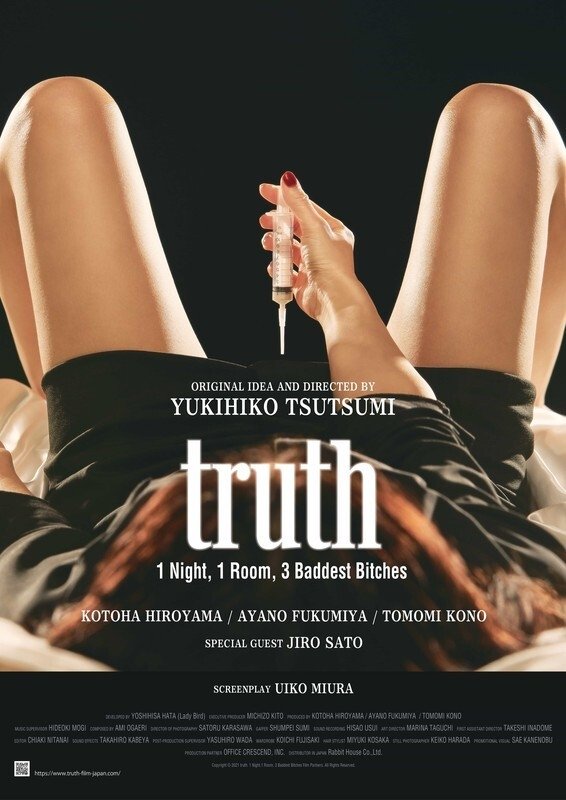
A Japan-set battle-royale comedy over a vial of sperm is...
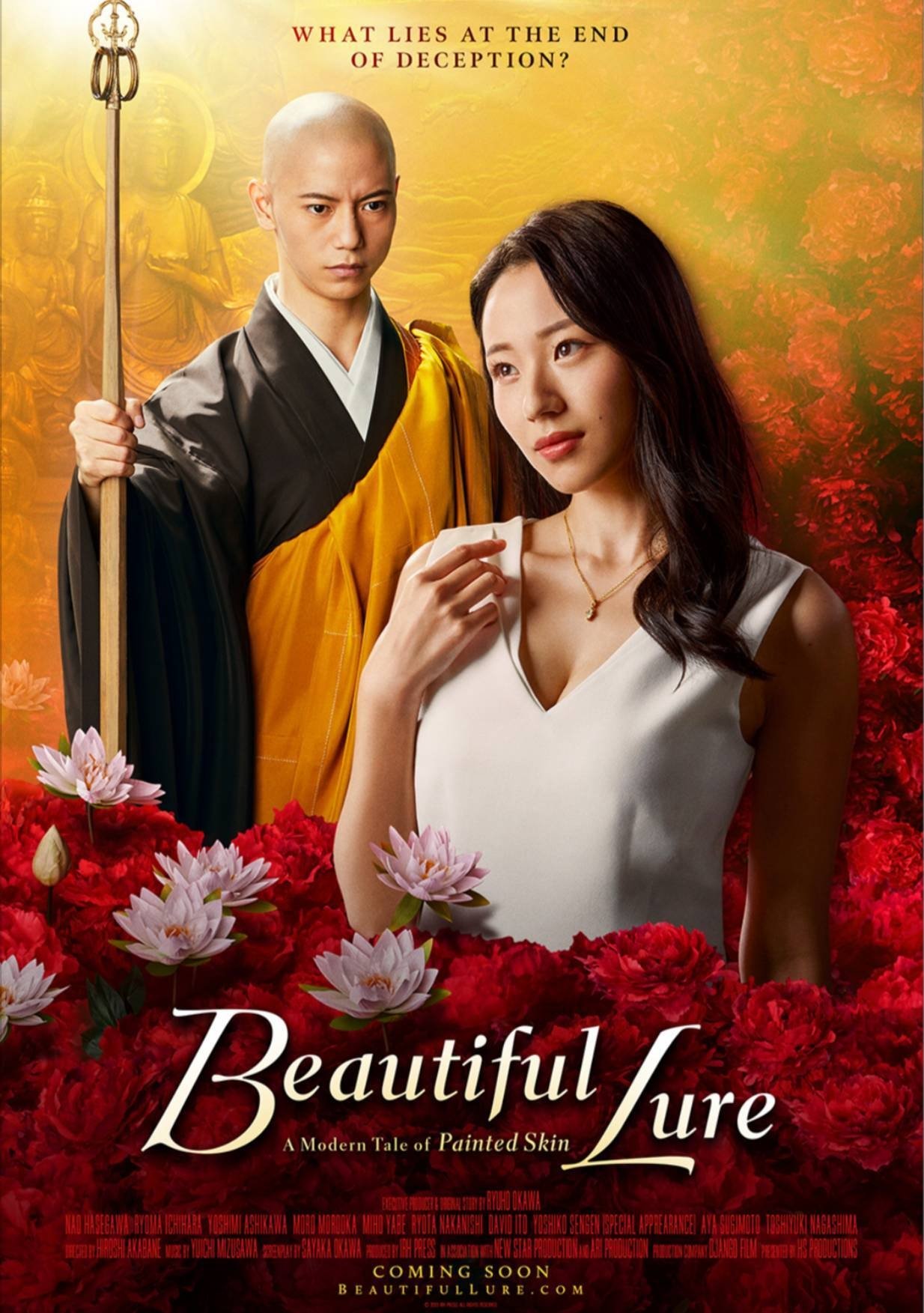
With both beauty and wit, Maiko looks for a man...

In a series of inspiring home makeovers, world-renowned tidying expert...
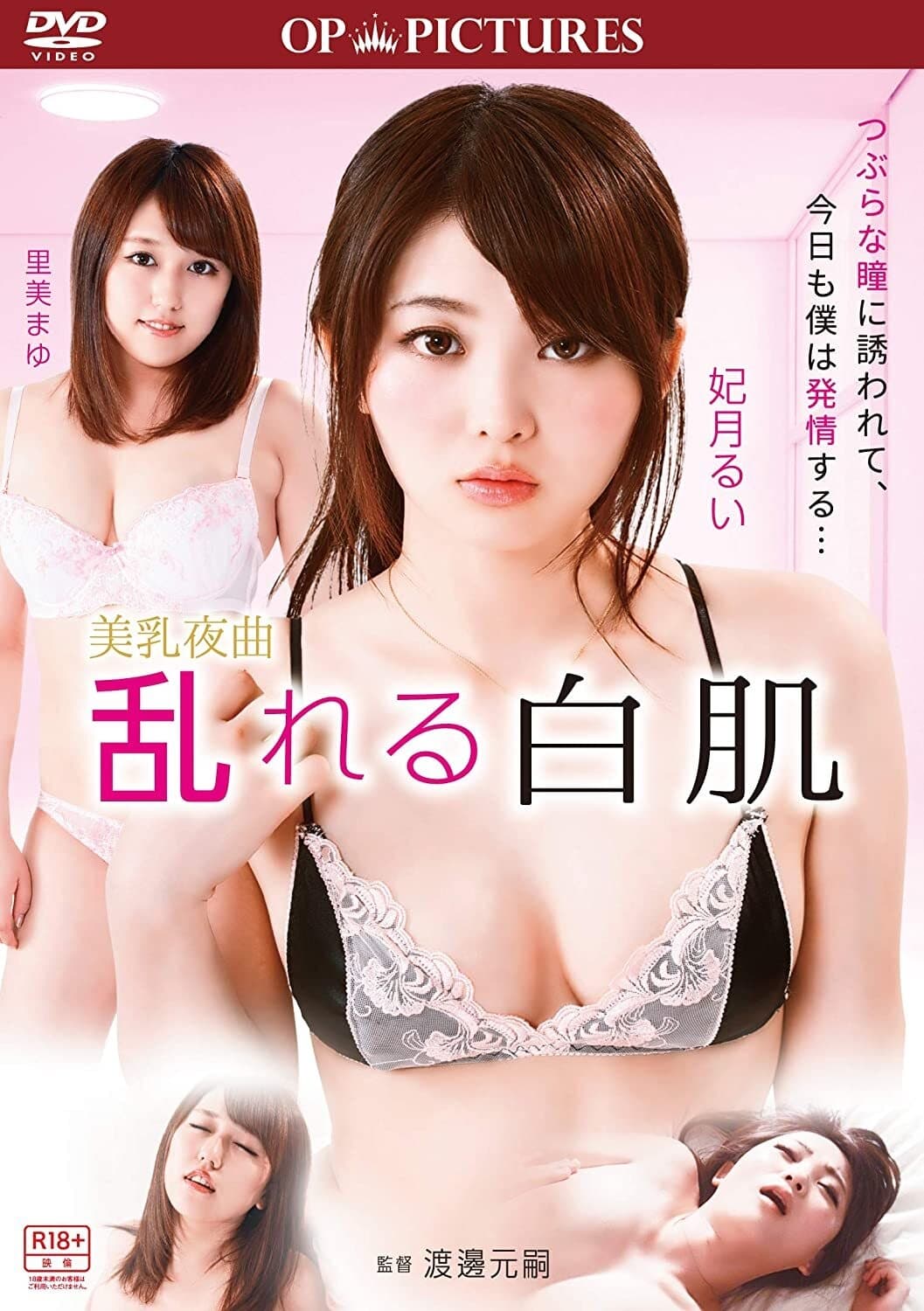
At night, Luna after taking a bath is humming the...

Mitsuki and Yuya become stepsister and stepbrother because of their...
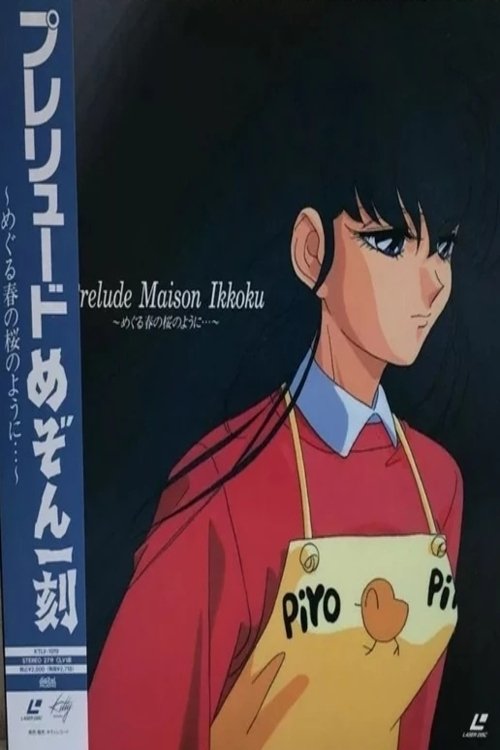
Kyoko Otonashi is a 22-year-old widow. Six months have passed...

Your favourite teddy bear. That model kit that took so...
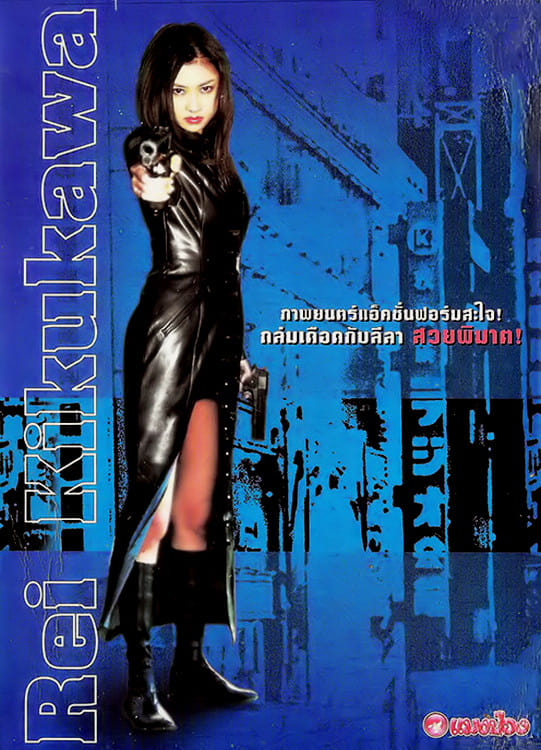
An idealistic young lawyer whose faith in the law is...